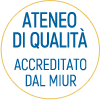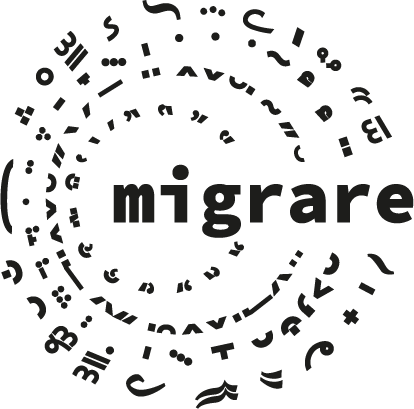Student Information Booklet
Professional opportunities
Professional opportunities for Statisticians with postgraduate training are numerous and spread in many different areas, such as: i) private healthcare companies and public (national, regional or local) healthcare departments, within the clinical, epidemiological, planning, experimentation, and management units; ii) private companies and public agencies in the ecological-environmental area; iii) public and private research centres and institutions.
Educational objectives
The Second Level Degree Program in Statistical Sciences (henceforth “the Program”) (code: LM-82) aims at training professionals with sound background in mathematics, probability, statistics and computer data processing, capable of working in various areas with autonomy and responsibility and to enter the labour market as qualified experts, able to produce, process and analyse diverse data and information flows. The Program syllabus, having as access requirement an adequate background in computer science, mathematics, probability and statistics, is characterised by:
- The presence of a common, compulsory group of advanced courses in mathematics, probability and statistics, ensuring students full command of the foundations upon which further developments in statistical theory and applications will be built.
- The assignment of wide credit ranges to the various disciplinary areas required by the regulations in force. This choice will enable, in drafting the final year-by-year syllabus, the articulation of the educational offer in specialised areas of interest, which will differ from each other for 24-30 credits: one oriented towards the economic, business and financial applications, and the other oriented towards the social, bio-statistical and environmental applications.
- The attention to teaching methodologies, ensuring that solid theoretical notions, provided through front class teaching, are integrated with laboratory activities, in which case studies, real problems and application topics, where Statistics is an essential tool of analysis, will be discussed and investigated. In this way, the development of the skill to critically analyse the data will be developed in students who, starting from sound methodological bases , will be led to keep a constant attention to the data formation process, in its definition and measurement aspects, and to a critical use of theories and methods, related to the nature and meaning of available data, with the fundamental objective of turning them into information, and therefore into knowledge useful for decision making and/or scientific understanding. Laboratory activities will also help to develop communication skills, through the preparation and presentation of written and/or oral reports.
- A particular attention to language skills, along two directions: a) study of English for Specific Purposes (ESP), at a more advanced level compared to the undergraduate program (L-41); b) improving proficiency in the spoken language, through the introduction of courses taught in English.
- The possibility of carrying out an internship within private companies or public institutions, with a duration equivalent to 6-8 credits.
- Final examination, consisting of an original dissertation about a topic agreed with a Professor; the preparation of the dissertation is awarded 24-30 credits and may be associated to the internship experience.
Final examination features
The final examination consists of an original dissertation, carried out by the student in one of the LM-82 disciplinary areas. The dissertation topic and methodology will be diversified according to the content, and may also be related to the internship experience; dissertations can be either on paper or on multimedia devices, when appropriate, or both. The final examination is awarded with 24-30 credits (it depends on the presence of 0-6 credits for the internship); therefore: i) for dissertations accompanied by internship, or by a guided statistical consulting experience, credits will be awarded as follows: 24 (final examination) + 6 (internship); ii) for dissertations without internship, but with a heavier workload, all 30 credits will be awarded for the dissertation alone; the strong experimental and/or methodological character of the dissertation is the reason why such a high number of credits (30) is awarded in this case.





























